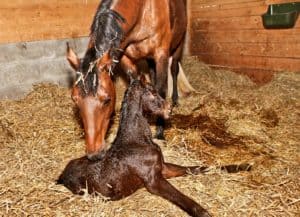
Post-Foaling Red Flags
Watch for these 10 emergencies in the hours after a mare foals. Learn more in this article from The Horse‘s Spring 2024 issue.

Watch for these 10 emergencies in the hours after a mare foals. Learn more in this article from The Horse‘s Spring 2024 issue.
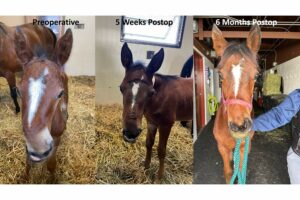
Learn why this congenital malformation occurs in foals and how veterinarians, owners, and breeders can treat and prevent it.

Equip your mare with the nutrition, vaccines, fitness, and foaling environment she needs to
promote a successful parturition and a healthy foal. Sponsored by Equidone.
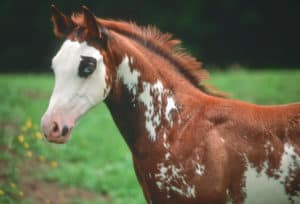
What genes and coat colors are more likely to result in a spooky or reactive horse? Experts explain what we know about equine genetics and behavior.
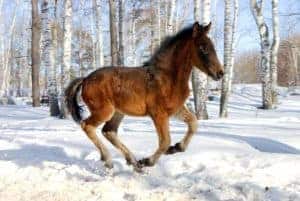
An equine behavior expert offers advice on raising and training an orphan foal to reduce future unwanted behaviors.
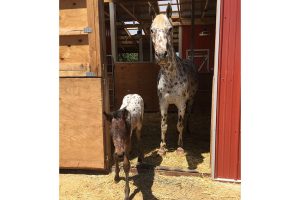
How to decide if your older mare is a good candidate for breeding and improve her chances of success. Read more in this article from the Winter 2023 issue of The Horse.

Are you thinking about breeding an older mare? There are steps—some simple, some cutting-edge—breeders can take to obtain foals from mares with waning fertility.
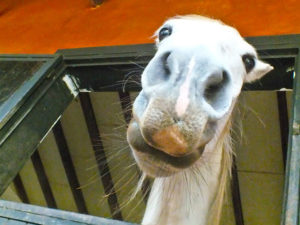
If a mare’s behavior issues are related to her reproductive cycles, suppressing estrus might help.

Discover what researchers are learning about the microbiota’s role in the horse’s digestive system, respiratory tract, skin, and more.

Researchers used AI to analyze horse conformation and detected differences between fragile foal syndrome carriers and noncarriers that might have performance implications.

Are you planning to breed your mare? Taking a systematic, step-by-step approach to managing each mare, in partnership with your veterinary team, can help cultivate success.

Steps breeders can take to obtain foals from older mares with waning fertility.

Is club foot an inherited condition in horses? A veterinarian offers her thoughts.

These study results could help breeders and trainers determine which horses have the best DNA for coping with a racing environment.

When will your mare foal? Learn the signs of impending foaling and what prognostic tools can help.

Best practices whether milking a mare by hand, using a commercial device, or rigging a milker out of a syringe.
Stay on top of the most recent Horse Health news with
© 2022 Copyright Statement dolor sit amet, consetetur sadipscing User Terms, sed diam nonumy eirmod tempor invidunt ut labore et dolore magna aliquyam erat, sed diam voluptua. At vero eos et accusam et justo duo dolores et ea rebum. Stet clita kasd gubergren, no sea takimata sanctus est Lorem ipsum dolor sit amet.
"*" indicates required fields